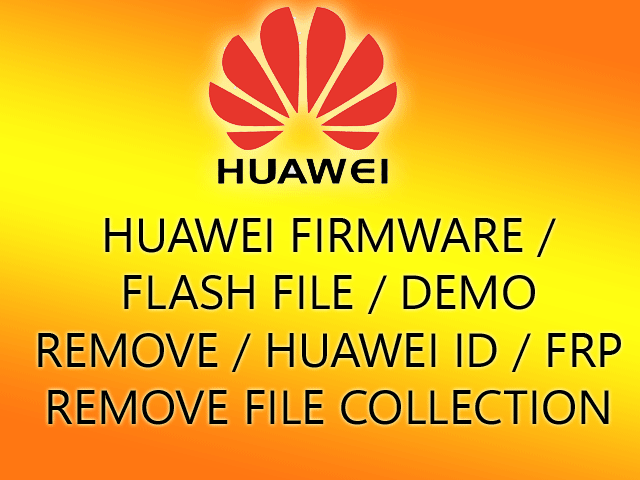The Huawei Y6 2019 (MRD-LX1F) is an entry-level Android smartphone released in 2019. It’s no longer the latest model. Huawei Y6 2019 might be a suitable option if you’re looking for a basic phone for making calls, sending texts, and browsing the web occasionally. However, if you need a phone for more demanding tasks like gaming, photography, or using multiple apps simultaneously, you’ll likely be disappointed with its performance. Additionally, the lack of software updates means you might be exposed to security vulnerabilities over time.
- Display: 6.09-inch IPS LCD display (720 x 1560 resolution)
- Processor: MediaTek Helio A22 (quad-core, 2.0 GHz)
- RAM: 2GB
- Storage: 32GB (expandable with microSD card)
- Rear Camera: Single 13MP sensor
- Front Camera: 8MP sensor
- Battery: 3020mAh
- Operating System: Android 9.0 (Pie) with EMUI 9.1 (no further updates available)
How to Flash MediaTek Helio?
Flashing a device with a MediaTek Helio chipset typically involves using SP Flash Tool, also known as SmartPhone Flash Tool. Here’s a step-by-step guide on how to flash a MediaTek Helio device using SP Flash Tool:
1. **Download Required Files:**
– Download and install MediaTek USB VCOM drivers on your computer. These drivers are necessary for your computer to recognize your MediaTek device in preloader and download mode.
– Download the specific firmware intended for your device model. Ensure it’s compatible and meant for flashing through SP Flash Tool.
– Download SP Flash Tool compatible with your computer’s operating system.
2. **Extract Firmware:**
– Extract the firmware file you downloaded earlier to a location on your computer. This firmware typically comes in a compressed format like ZIP or RAR.
3. **Install MediaTek USB VCOM Drivers:**
– Install the MediaTek USB VCOM drivers on your computer. Follow the installation instructions provided by the driver package.
4. **Launch SP Flash Tool:**
– Open SP Flash Tool on your computer. It’s typically an executable file (.exe).
5. **Load Scatter File:**
– In SP Flash Tool, click on the “Scatter-loading” button.
– Navigate to the location where you extracted the firmware files and select the scatter file. The scatter file usually has a .txt extension and contains information about the partition layout and firmware files.
6. **Prepare Your Device:**
– Power off your device completely.
7. **Connect Device to Computer:**
– Connect your device to your computer using a compatible USB cable. Ensure your device is powered off before connecting.
8. **Begin Flashing:**
– In SP Flash Tool, click on the “Download” or “Firmware Upgrade” button to initiate the flashing process.
– SP Flash Tool will begin flashing the firmware onto your device. The progress will be displayed on the screen.
9. **Flashing Completion:**
– Once the flashing process is complete, you should see a success message in SP Flash Tool.
– Safely disconnect your device from the computer.
10. **Boot Device into System:**
– You can now boot your device into the system. It might take a while to boot up for the first time after flashing.
11. **Final Checks:**
– After booting up, perform a factory reset on your device for optimal performance.
– Verify that the device is functioning correctly and that the new firmware has been successfully flashed.
Download Huawei Y6 2019 MRD-LX1F Firmware Flash File
Huawei Y6 2019 MRD-LX1F Firmware Flash File
Join Our Telegram Group. If you have any problems then comment below or message us. We try our best to help you. If you found this post and our site helpful then Dont forget to like and share our page.
Please Follow these Before Flashing :
▶️ Disclaimer: Firmware flashing is not an easy process and should be carried out only if you have enough knowledge. We are not responsible for any damage/ dead to your device.
▶️ Take a Backup: If you are going to flash the above firmware on your Lava device, then make sure to take a backup of your data as it will be deleted after flashing the stock firmware.
▶️ Download and Install the Proper Drivers and Tools required before flashing.
▶️ If You Need Any Other Firmware or Flash File, Let Us Know.


